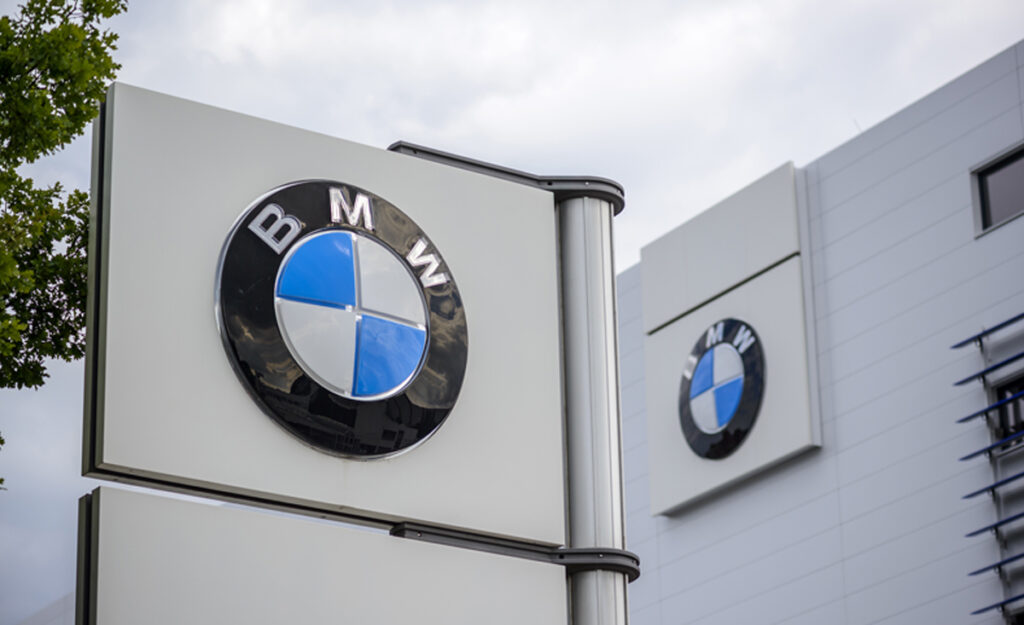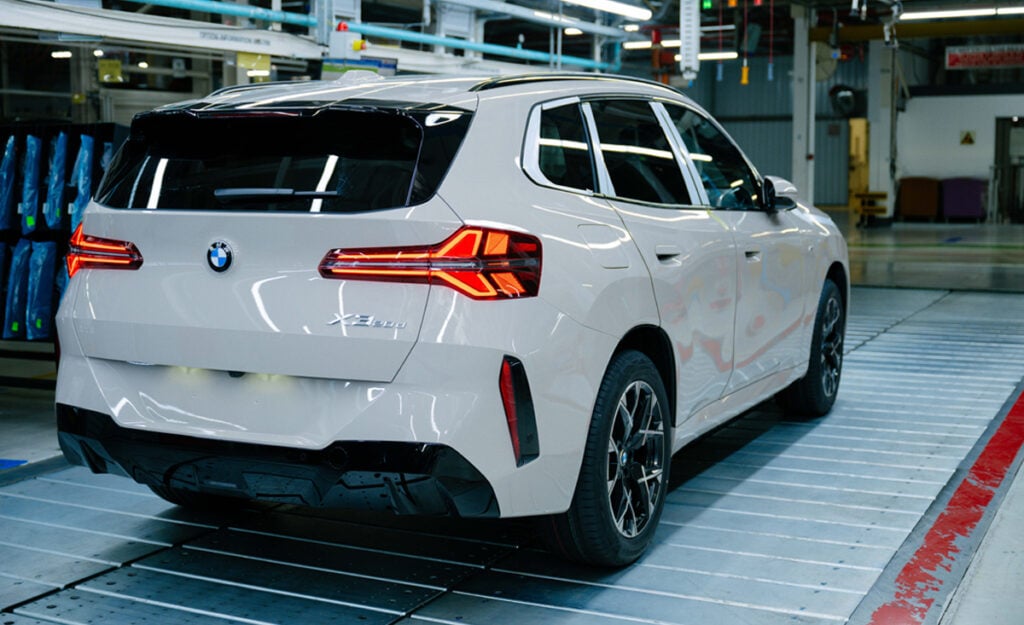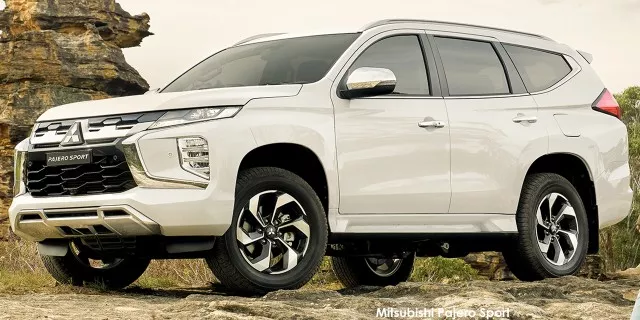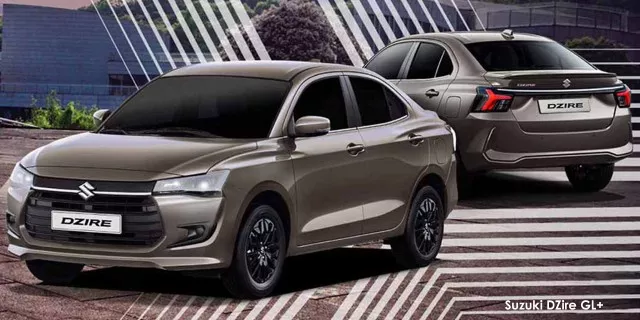
Nine BMW dealers have shuttered their doors in South Africa in as many years.
In 2015, BMW boasted a network of 55 outlets across the country, but by the end of 2024, this figure stood at 46.
Concurrently, the German nameplate reported 24,521 sales in 2014, a number that fell to 12,145 by 2024, according to data from Naamsa The Automotive Business Council.
The frankly alarming drop of 50% in sales and 16% in dealers for the premium marque comes amid a boom in more affordable vehicle brands and retailers in South Africa, particularly from China.
Chinese car brands have taken the country by storm in recent years as household finances come under pressure.
An analysis by Lightstone Auto found that in 2019, only around five automakers of Chinese descent operated in South Africa which together accounted for just 2% of overall new light vehicle sales.
Of these transactions, 96% were attributed to GWM and Haval, which, technically speaking, are the same company.
Since then, the country saw an influx of badges hailing from the People’s Republic, including BYD, Chery, Dayun, DFSK, Foton, GAC Motor, Jaecoo, Jetour, LDV, MG, and Omoda.
As a result, these automakers accounted for over 9% of all light vehicles sold between January and September 2024, as per Lightstone’s data at the time.
They now also make up 28% of the overall count of light vehicle brands in the country, a number that is expected to continue growing as other Chinese companies like Denza, Dongfeng, Geely, and more make their way to our roads.
Perhaps even more surprising; whilst BMW’s dealer network was slowly shrinking, that of Chery absolutely exploded.
Chery only re-entered South Africa in late 2021 with an initial setup of 30 outlets. As of today, March 2025, it boasts an impressive 95 dealers across the country, with a bunch more to be added in the near future.
The Chinese onslaught has not only hurt the market share of high-end brands such as BMW and its European rivals, but also that of more cost-friendly cars from the likes of Toyota, VW, and Hyundai.
Many of these companies have sounded the alarm on this phenomenon, urging government to take action to protect the interests of domestic vehicle manufacturers including BMW, Ford, Isuzu, Mercedes-Benz, Nissan, Toyota, and VW.

BMW responds
With the numbers in hand, we spoke to the local arm of BMW to find out more about the dealer closures and drop in sales the company experienced over the past decade.
A spokesperson kindly explained that dealer closures can be attributed to a number of factors, including:
- Trading conditions
- Scaling down to service-only operations
- Consolidation to achieve operating efficiencies
Additionally, they said a big contributing factor to the reduction in vehicle sales over the time period was the exchange rate.
In 2013, the Rand to US Dollar rate hovered around R10.20/dollar versus the current R18.26/dollar.
“Therefore, all brands needed to increase vehicle prices above normal inflationary and production cost increases, which also placed the premium segment into a new price bracket, encouraging a buying-down trend,” the BMW spokesperson said.
“For BMW South Africa, our business model has stabilised over the past five years and we have shown two consecutive years of growth.”
The spokesperson explicitly said that BMW’s sales have “not been noticeably affected by Chinese and Indian importers,” nor have they influenced the dealership closures.
“As mentioned, our business model has been stable for five years, our retailer network is healthy, and, in the premium segment where BMW trades, we continue to lead the market share,” they said.
Before signing off, they dropped a bombshell by revealing that BMW has more accessible offerings in the pipeline for South Africa in the shape of an SUV, and, hopefully, a variety of other silhouettes.
“We understand that customers continue to face affordability challenges and we are developing more accessible offerings, especially in the SUV segment, which will shortly be introduced,” they said.
Whether these will be all-new products, or simply more accessible versions of vehicles already on the market, remains unclear.
However, given that it will be introduced “shortly” and there have been little to no rumours of a brand-new BMW vehicle in development, we reckon it should be a more wallet-friendly variation of one of the manufacturer’s existing cars.
This is a relatively new trend that is becoming increasingly popular in the current market landscape, with automakers such as Chery, Hyundai, GAC Motors, GWM, Ineos, and even Range Rover recently slashing the window stickers of their vehicles in one way or another in an attempt to remain competitive.








